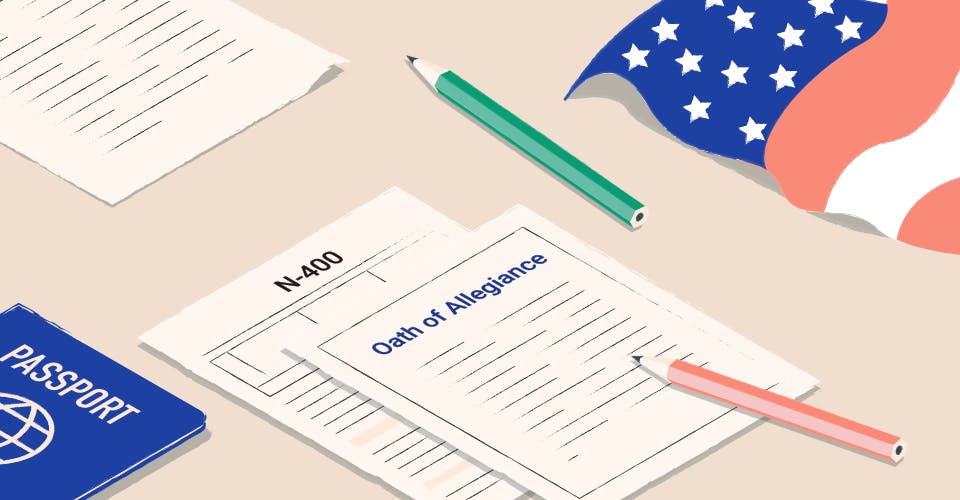In a previous guide, we discussed “good moral character”, which should be possessed by N-400 applicants and what the USCIS looks for when they are processing naturalization applications. In addition to good moral character, immigration law also states that such applicants should demonstrate, or be attached to the principles of the Constitution. Both of these criteria can seem a little unclear at times, so this post will be dedicated to unpacking the meaning behind the latter, and what the USCIS is looking for in terms of being attached to ideas and principles in the U.S. Constitution.
The Civics Test
The first bit of information that applicants should be aware of when it comes to this principle of being attached to the Constitution is that the Civics test has questions that pertain to the U.S. Constitution and its principles. These can be easily studied for if the applicant is prepared. These questions might discuss how the U.S. differs from other forms of governments around the world, as well as questions about some of the functions of the federal government such as:
- Checks and balances
- Separation of church and state
- The role of limited government
- The federal government and state power
In addition to the Civics test, the USCIS also looks at applicants five-year history in the U.S. as a legal resident (or less if having pursued a marriage green card) to see if the applicant has ever in any application been affiliated with a terrorist organization, which would according to the federal government be a breach in being attached to the U.S. Constitution. The USCIS also looks to see if the applicant has ever been affiliated or advocated on behalf of a totalitarian party (or as a member). Applicants who are part of other organizations that possess no threat to the United States can freely write in their membership affiliation.
After these requirements have been checked off and the applicants' paperwork is processed and approved, the last step is for applicants to take an Oath of Allegiance with immigration officials in a public ceremony (due to Covid-19, public ceremonies have restarted again as of August 2020, but with socially distanced parties). The oath is intended to be taken “…freely without any mental reservation or purpose of evasion”, and in order to be admitted the applicant needs to “understand that he or she is sincerely and absolutely renouncing all foreign allegiance”.
Other Documentation
While the attachment principles are usually something applicants don’t need to worry about, it is a background element of completing various USCIS documents that applicants should keep in mind, especially as they answer checked box questions in their N-400.
With that being said, all officers are required to factor in the attachment principles in weighing the ultimate decision for each case. On the I-485 application as well as the N-400 application applicants are frequently asked about other party affiliations.














